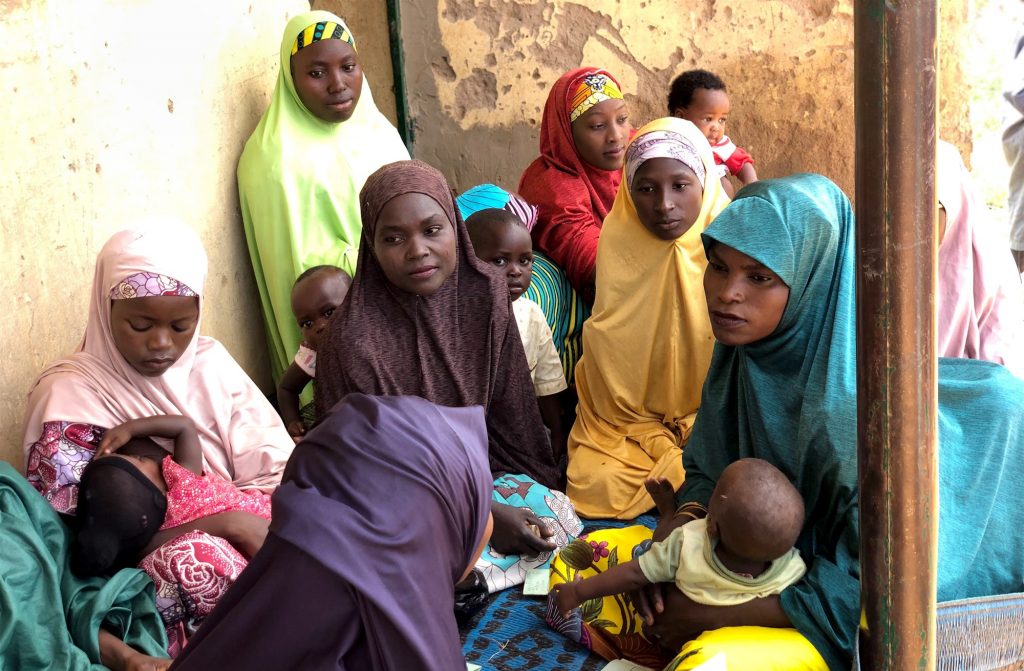
Nigeria is on the verge of eliminating polio, but Boko Haram is standing in the way, like reported by nbcnews.com.
Using violence and misinformation, the ISIS-linked militant group has hampered efforts to get every child in the country vaccinated against polio, leaving nearly 66,000 children in remote villages in northern Nigeria without the vaccine, according to UNICEF estimates.
But public health officials are pushing back, teaming up with the military and volunteers who have put their lives on the line to get vaccines to everyone.
Boko Haram has controlled territory in northern Nigeria since around 2003, when they implemented Sharia, or Islamic law, in the region. As part of an effort to dispel Western views, the group — whose name roughly translates to “Western education is sinful” — spread vaccine misinformation, claiming that the vaccine could lead to infertility and bone injuries.
The group has also used violence to deter vaccinators. In 2013, at least nine vaccination team members in the state of Kano were murdered, and witnesses pointed to Boko Haram as the culprit.
The group’s efforts worked: In 2016, after nearly three years without an outbreak, polio resurfaced in the country — a sobering reminder that public health efforts, even when backed by strong leadership, millions of dollars in funding and years of planning, can be quickly undone.
“In 2016, we almost disrupted the transmission of polio, but our efforts were derailed by insurgency groups in the northeast,” said Dr. Ngozi Nwosu, the national coordinator for the polio transition planning committee of the National Primary Health Care Development Agency. “We don’t want that to happen again.”
That means public health officials need to get the vaccine to kids in remote villages in Boko Haram-controlled territory.
“Now, health care workers are accompanied by the military and vigilantes to keep them and the vaccines they carry safe,” Nwosu said. “We also use satellite imagery to see where these hard-to-reach communities are located so we know exactly where to go.”
The vigilantes, also called community informants, sometimes go where health care workers cannot, because of threats of violence. They are young men who have been trained by the military on how to de-escalate potentially dangerous situations as well as how to properly administer vaccines. Armed with this knowledge, they go family to family in remote camps, dispelling anti-vaccine myths for parents and providing vaccines to the children.
Their vaccination efforts have been invaluable in helping to achieve Nigeria’s 30-year goal of eliminating polio, said Pernille Ironside, UNICEF’s deputy representative for Nigeria.
“We are fortunate to have informants within largely inaccessible areas of Borno,” Ironside told NBC News. “Boko Haram has made it so we can’t reach 66,000 children.”
The vigilantes provide health care workers with on-the-ground information, including whether any children show symptoms of polio. But without access to the areas, it’s difficult to know exactly what’s going on.
Recommended


